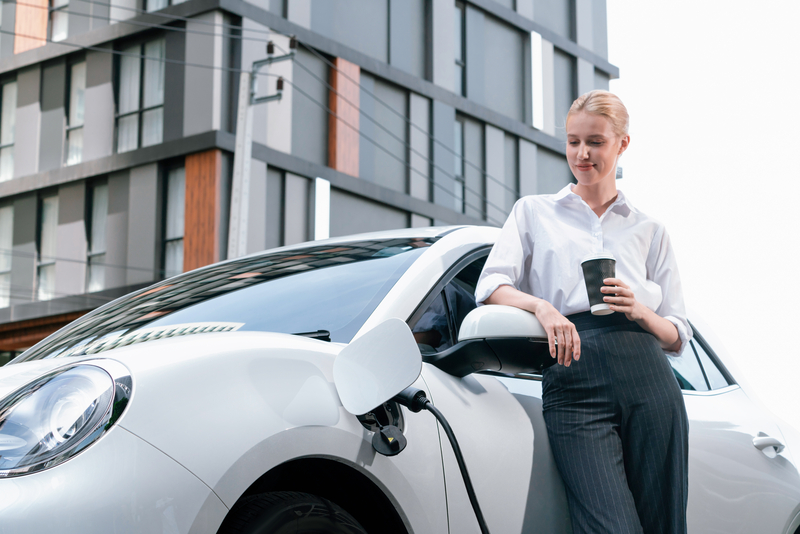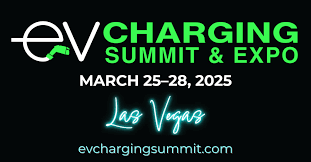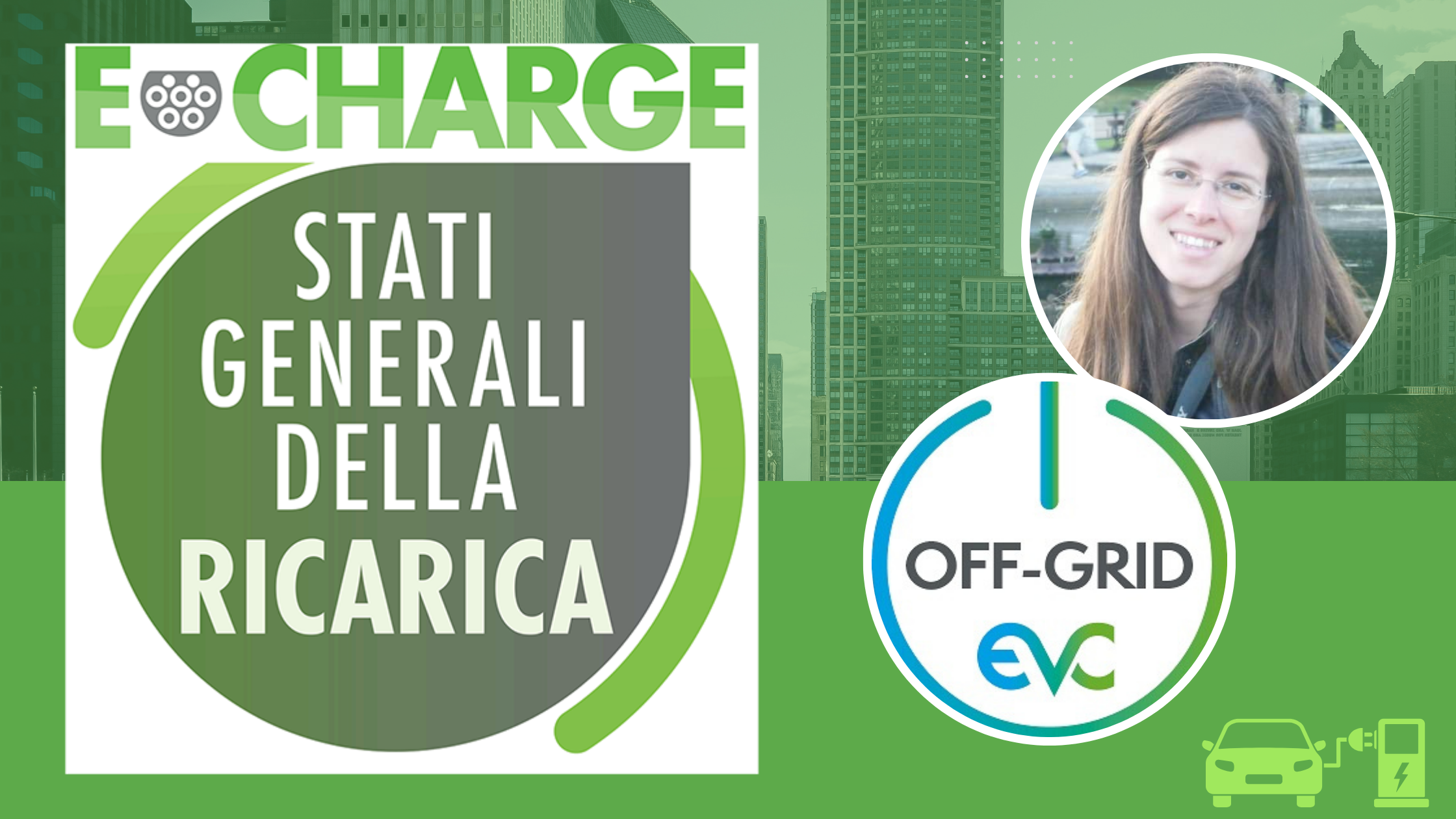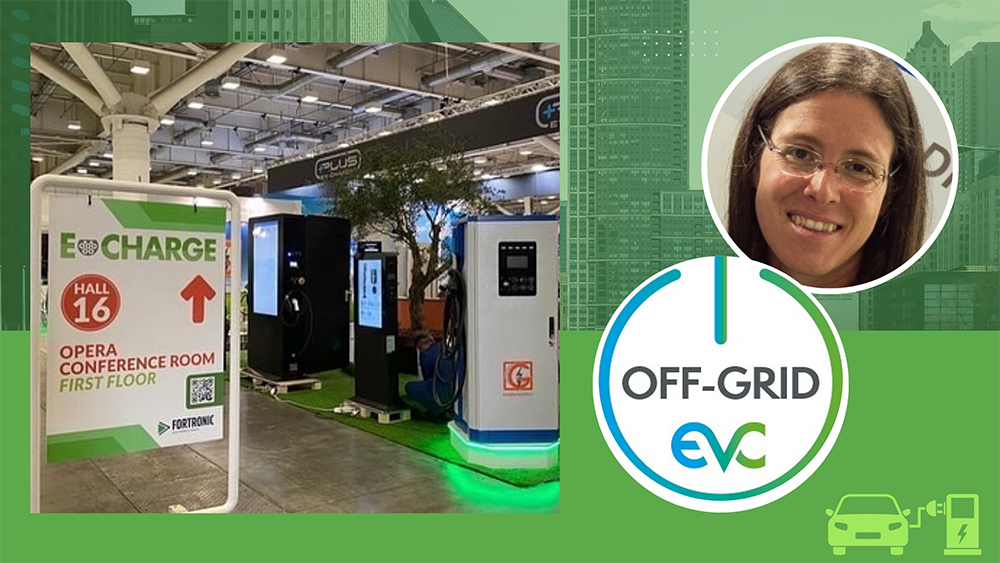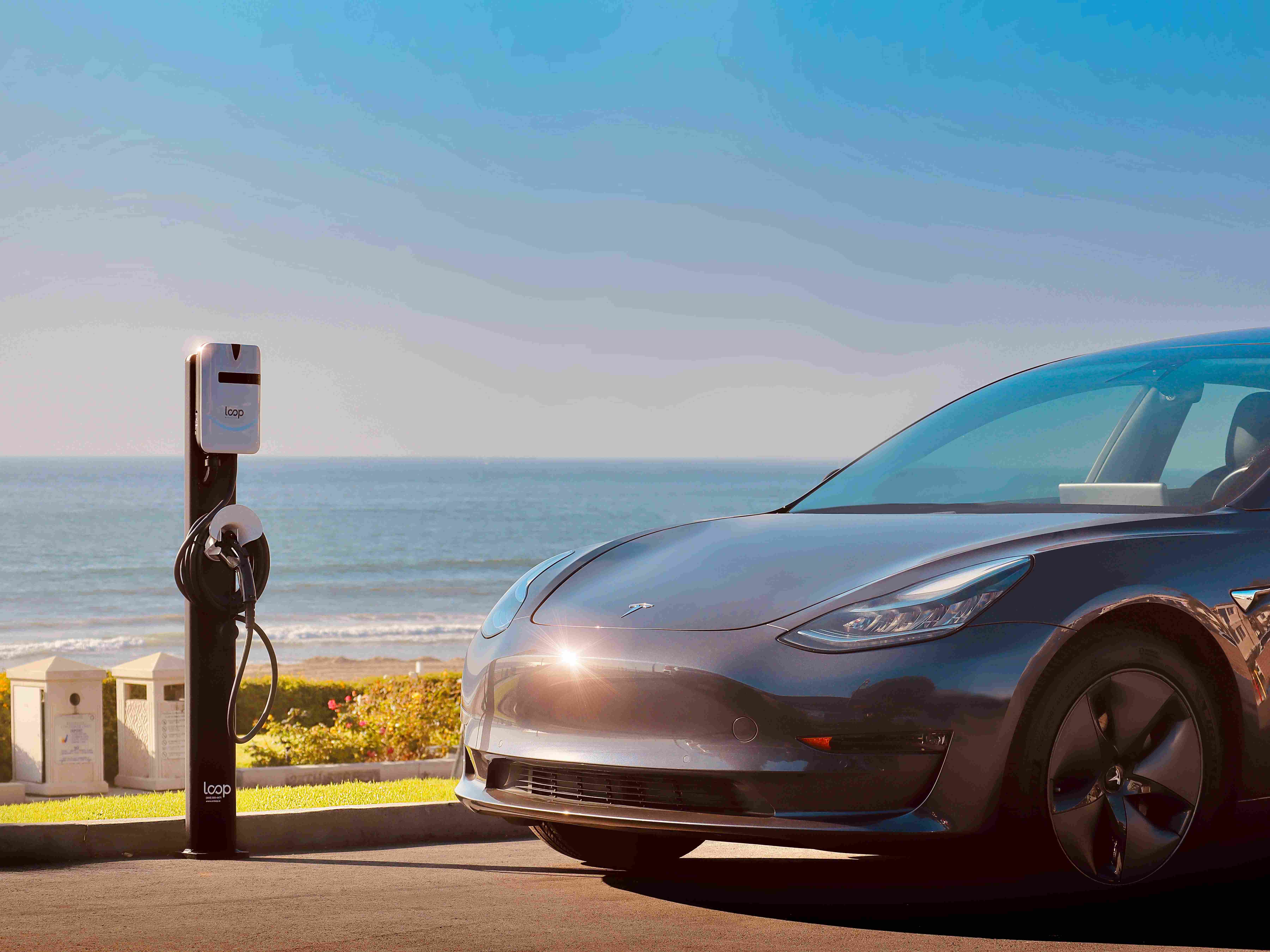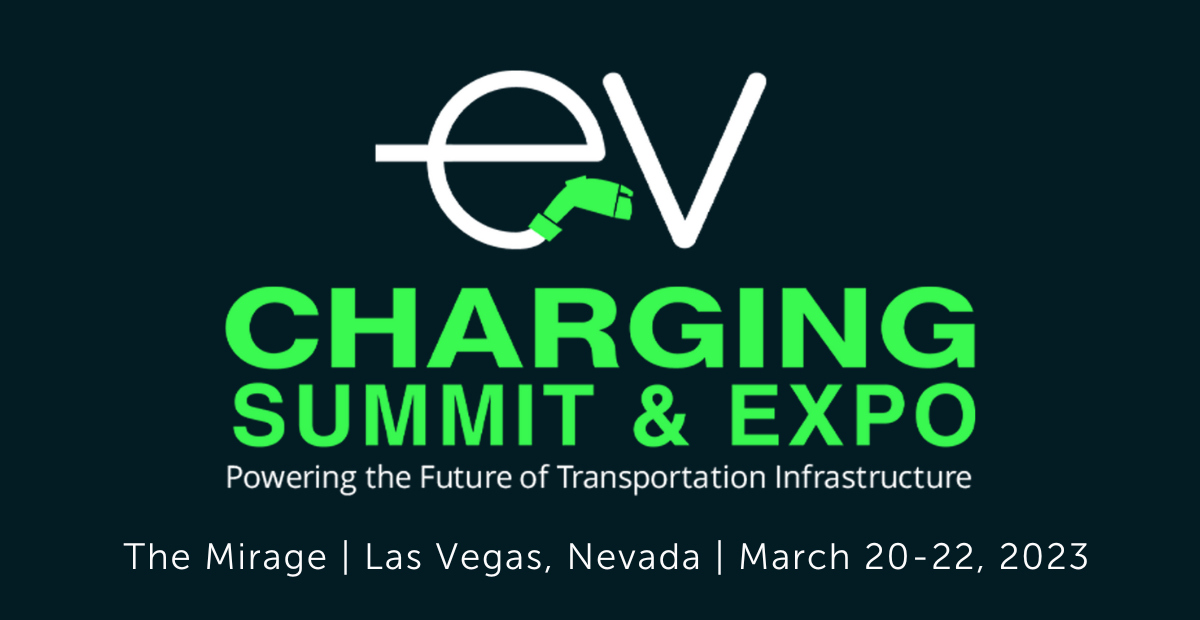
At this year's EV Charging Summit & Expo, what do you think will be the major themes and issues around EV charging that will be top of the agenda for discussion among speakers and delegates?
This year, Alex Schroeder, the Chief Technology Officer for the U.S. Joint Office of Energy and Transportation, Wayne Killen, Senior Consultant for the Department of Energy Loan Programs Office, and many other federal and regional governmental representatives are speaking and attending. One of the major themes emerging at this year’s summit is what governments — both in the U.S. and abroad — need to do to solve the challenges that EV charging infrastructure faces.
We also have speakers and exhibitors from companies that operate globally, like Amazon, John Deere, Penske, ChargePoint, Ingeteam, ADS-TEC Energy, and many more. This global influence is driving a conversation around how North America’s EV grid creators can learn from experiences - both positive and negative - in other countries.
In addition, contrary to some mainstream media narratives around EVs, many of our speakers and exhibitors are making plans for long-term expansion. The prevailing sense is that, while the rollout of North American EV infrastructure has been bumpy at times, the tipping point has arrived. Companies are investing in product launches and market expansions with an eye toward the inevitability of electrification.
What will be different at EV Charging Summit & Expo 2024 compared to last year's event?
Most noticeably, the size — this year’s overall attendance will be up 200 percent over last year, with 5,000 attendees. The exhibit floor has 150 exhibitors, more than double last year’s number. Suppliers will be showcasing new product offerings and their latest technology solutions.
In addition, we’ve grown the size and global reach of our speakers and exhibitors, including many of the companies I mentioned earlier.
This year, the summit also has a massive educational component - new workshops, new industry shop talks, and new speakers fill out the six tracks and 60+ sessions.
What are the most eye-catching new EV charging products and technologies that will be showcased at the EV Charging Summit & Expo?
Most exhibitors have said they plan to unveil their new products and technologies at the actual summit in Las Vegas. In our conversations with them, they’ve described the following technological or practical innovations:
• New charging networks that will emphasize speed and reliability
• Mobile apps to reserve charging windows
• Universal plugs
• Battery-buffered ultra-fast chargers
• Solar charging integrations
• Vertical charger ownership
• Digital notifications of malfunctions + remote repairs
• Chargers that meet the Build American, Buy American Act's grant standards
• Grant-writing assistance for commercial partners that seek to construct charging stations

What do you see as the importance of the EV Charging Summit & Expo 2024 event for the EV charging sector in North America? What are your aims for the event?
Right now, the North American EV industry has a problem – the majority of eager EV buyers don’t have confidence they will have access to an adequate charging infrastructure. EVCS will bring together policymakers, industry players, the media, and commercial buyers worldwide to address that problem. Infrastructure is going to have to grow rapidly in both accessibility and reliability, and the speed of that growth is directly related to the kind of collaborative information-sharing and problem-solving that happens at EVCS.
What is the current situation with EV charging infrastructure in North America, and is it keeping pace with the number of EVs on the roads?
Speakers like Tanya Perrault from Lynkwell, Alex Schroeder from the US Joint Office of Energy and Transportation, Linda Stevens from OATI, and others will be addressing the current situation with EV charging infrastructure in North America. Generally speaking, there is a growing demand for electric vehicles both in the U.S. and worldwide, and there is still a trust and affordability gap that needs to be bridged for many car buyers and fleet network operators. That’s why we’re convening solutionists and policymakers worldwide to unveil their newest products and policies to help the grid, expanding confidence for those individuals and companies on the fence about electrified transportation.
What are the biggest challenges facing deployers in the rollout of EV charging infrastructure in North America?
Funding, charger reliability, charger universality, charging speeds, and charger access are some of the biggest challenges with the rollout of the EV charging infrastructure in North America. That’s why we’ve prioritized representatives from policymaking at every level and major companies investing in the infrastructure space. It will take collaboration across the industry to overcome these challenges in North America.



